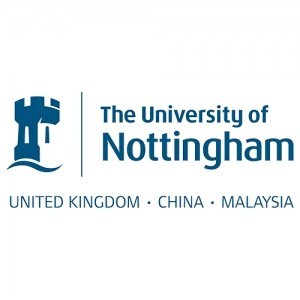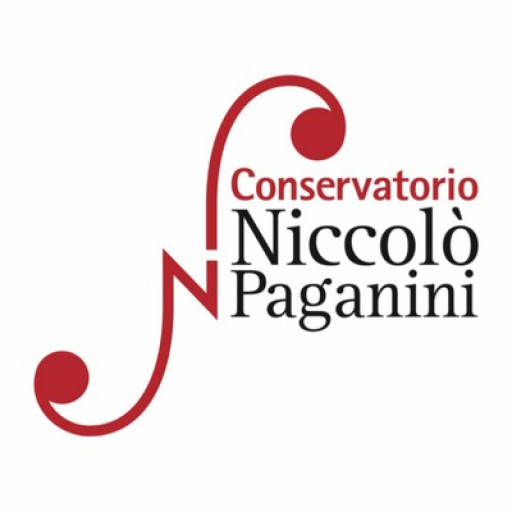Photos of university / #uni_southampton
Advertisement
The overall aim of this MA is to provide advanced training in applied linguistics or language in education to professionals with language interests, typically language teachers in schools, further and higher education. We aim to provide this training in an integrated manner, both to professionals with interests in UK-based education, and those operating internationally. You will develop a comparative perspective on language education policy and practice; learn the skills needed to challenge professional practice; and undertake research and innovation in a range of applied language fields.
Typical course content
The programme comprises eight taught modules (four core modules and four options) plus a dissertation. Full-time students will take all taught modules during two semesters and complete their dissertation by the following September. Part-time students will take taught modules during four semesters, and complete their dissertation by the September of year two.
Year 1
Students must take one of LING6005 or LING6006 as a core
Semester One
Compulsory: LING6001Research Skills 1LING6004Description of Language Optional: LING6005Second Language LearningLING 6007Assessment of Language ProficiencyLING 6009Discourse AnalysisLING6022Principles of Communicative Language TeachingLING6028Intercultural CommunicationsLING6033Spoken Language and Discourse Semester Two
Compulsory: LING6016DissertationLING6017Research Skills (Dissertation) Optional: LING6006Language in SocietyLING 6008Autonomy and Individualisation in Language LearningLING 6010Language Teacher EducationLING 6011Writing and Written LanguageLING 6013Current Issues in Language Teaching MethodologyLING 6014English as a World Language Please note: This specification provides a concise summary of the main features of the programme and the learning outcomes that a typical student might reasonably be expected to achieve and demonstrate if s/he takes full advantage of the learning opportunities that are provided. More detailed information can be found in the programme handbook (or other appropriate guide).
Want to improve your English level for admission?
Prepare for the program requirements with English Online by the British Council.
- ✔️ Flexible study schedule
- ✔️ Experienced teachers
- ✔️ Certificate upon completion
📘 Recommended for students with an IELTS level of 6.0 or below.
We offer a large variety of postgraduate studentships, bursaries and sponsorship for which UK and EU students may be eligible.
Financial support
There are several sources of funding to help you through your studies
For details, see the Key Facts for each taught course or research programme, or browse through the Postgraduate Studentships and Bursaries offered by each Academic School or Research Centre.
PhD Studentships
Details of current PhD studentships are advertised on the Universitys current job vacancies page.
Sponsorship
Sponsorship is available for some masters and doctoral programmes.
* Knowledge Transfer Partnerships (KTP) can provide the opportunity to study for a higher degree (masters or doctorate) while working in a company, managing a project of strategic significance. Find out more about KTPs.
* Our Engineering Doctorate (EngD) is a four-year doctoral programme, with an enhanced stipend and research which is directly relevant to industry. For more information, see * Many of our masters programmes offer bursaries, a number of which are course-specific. Find out more about postgraduate bursaries.
Research Council Funding
Many postgraduate students are funded by one of the UK Research Councils. Successful UK applicants receive fees and maintenance support while EU students receive a fees-only grant. If your programme is eligible for Research Council funding you will need to contact the relevant Council directly.
Competition for these awards is intense and you should apply as early as you can. For some of our postgraduate programmes you may need confirmation that you have been awarded funding before you can register as a postgraduate.
Career Development Loans
A Career Development Loan (CDL) can help fund up to two years vocational training or education, plus up to one further year if the course includes practical work experience. A CDL is a delayed repayment loan offered in partnership with the Learning and Skills Council and three high street banks (Barclays, The Co-Op and Royal Bank of Scotland).
Loans are available for between £300 and £10,000 and no repayments are made during the period of study and for up to one month afterwards. The Learning and Skills Council pays the interest during this time after which the student is responsible for repaying the loan and any further interest to the bank. Find out more about Career Development Loans.
Other sources of funding
It is also worth researching alternative sources of funding if none of the above are applicable.
International Scholarships
We offer some subject-specific scholarships and bursaries to international students. In addition to these, many international organisations offer financial assistance. Eligibility criteria vary depending on the scholarship scheme.
Scholarships for international students may cover all or part of the full cost of studying abroad. You will usually need to provide an offer letter from the University when applying for a scholarship. For this reason, it is very important to start all the arrangements at least one year prior to the start of your studies.
International scholarship details
* Scholarships for Masters students
* Scholarships for Research students
* Scholarships for Undergraduate students
Further information
* Our individual country pages include information on country-specific scholarships
* Other sources of international scholarships are listed below: * British Council
* Community of Science UK Funding Opportunities
* Studentmoney.org
* The Association of Commonwealth Universities
* Science Without Borders







